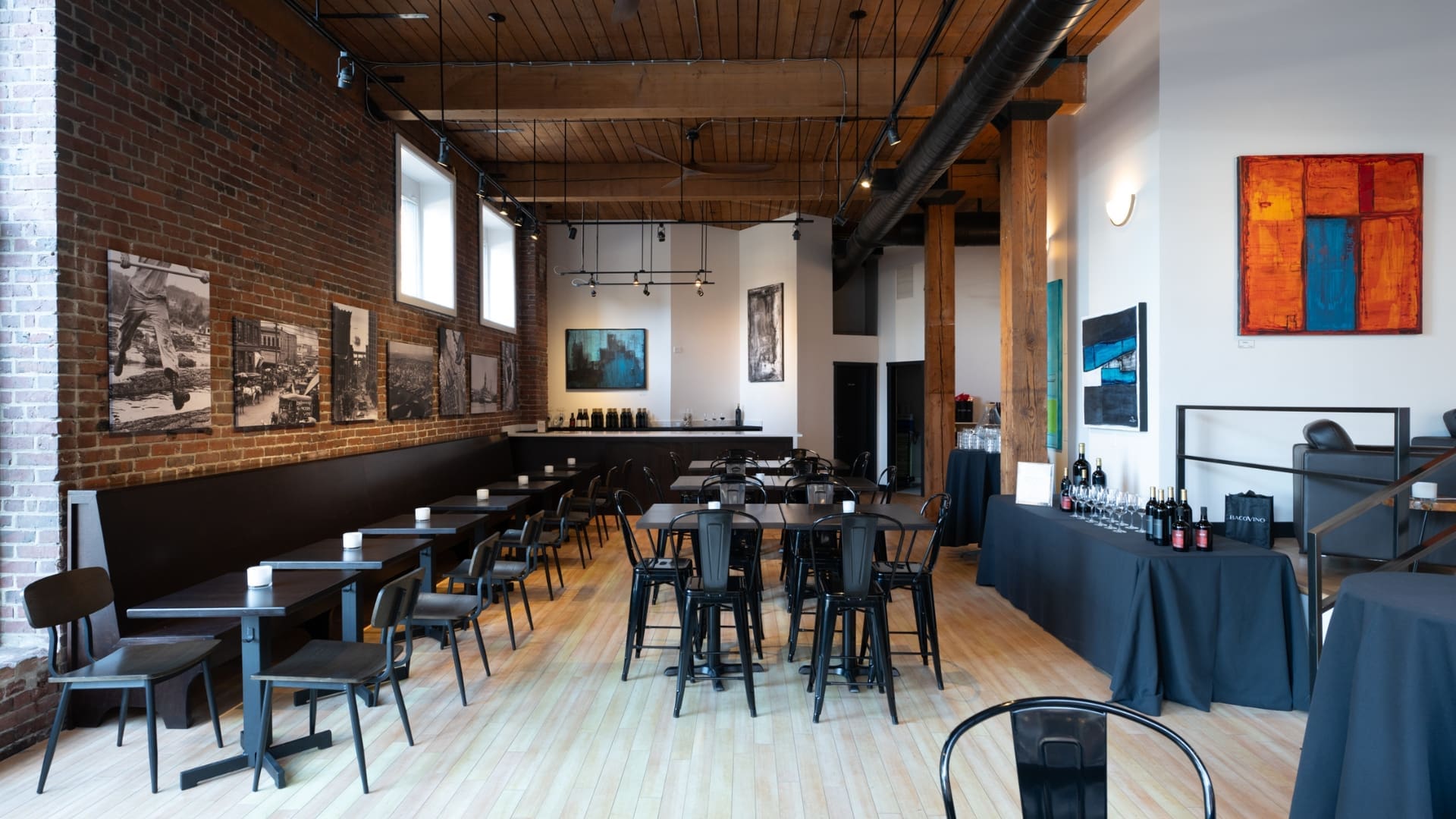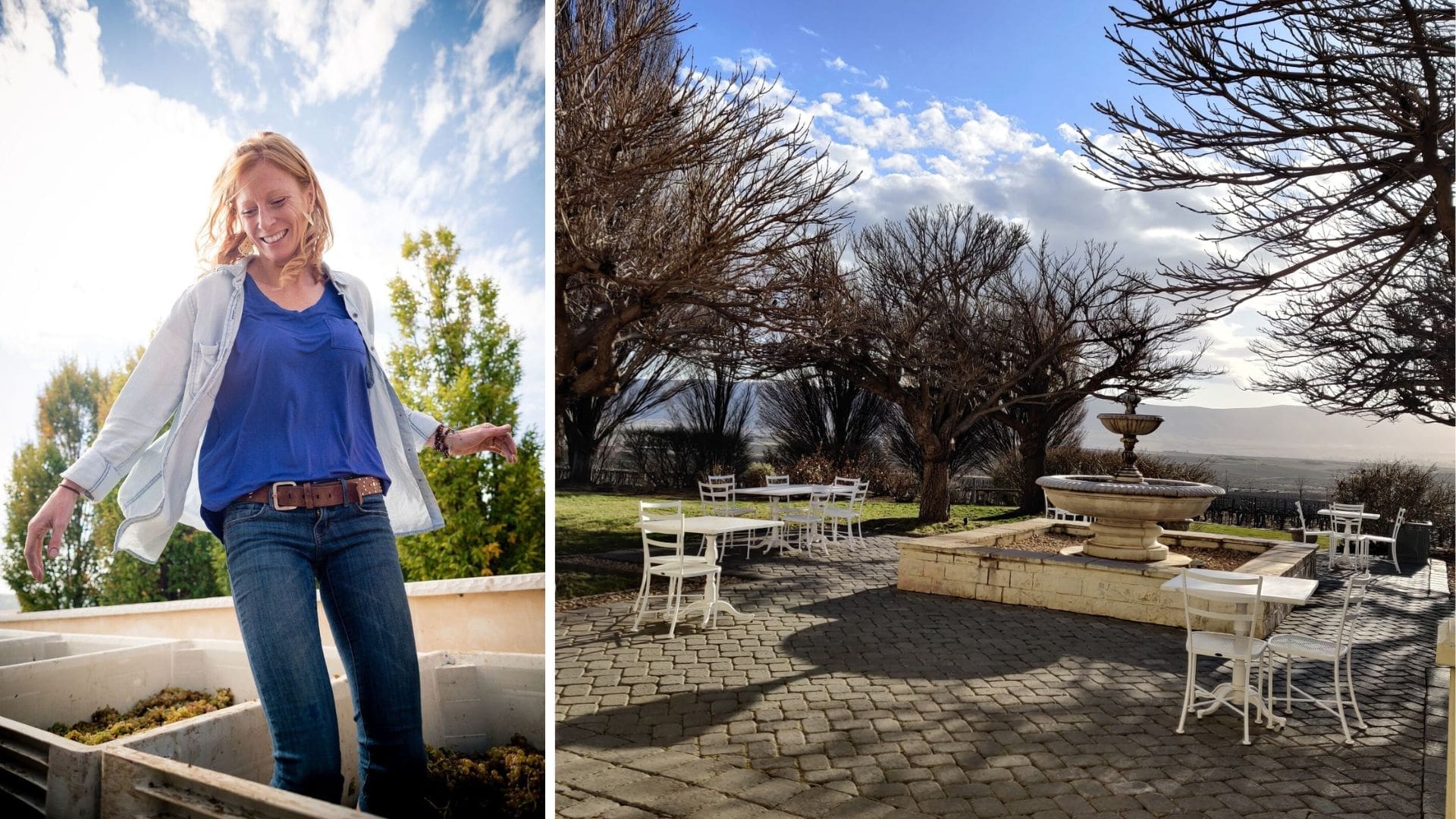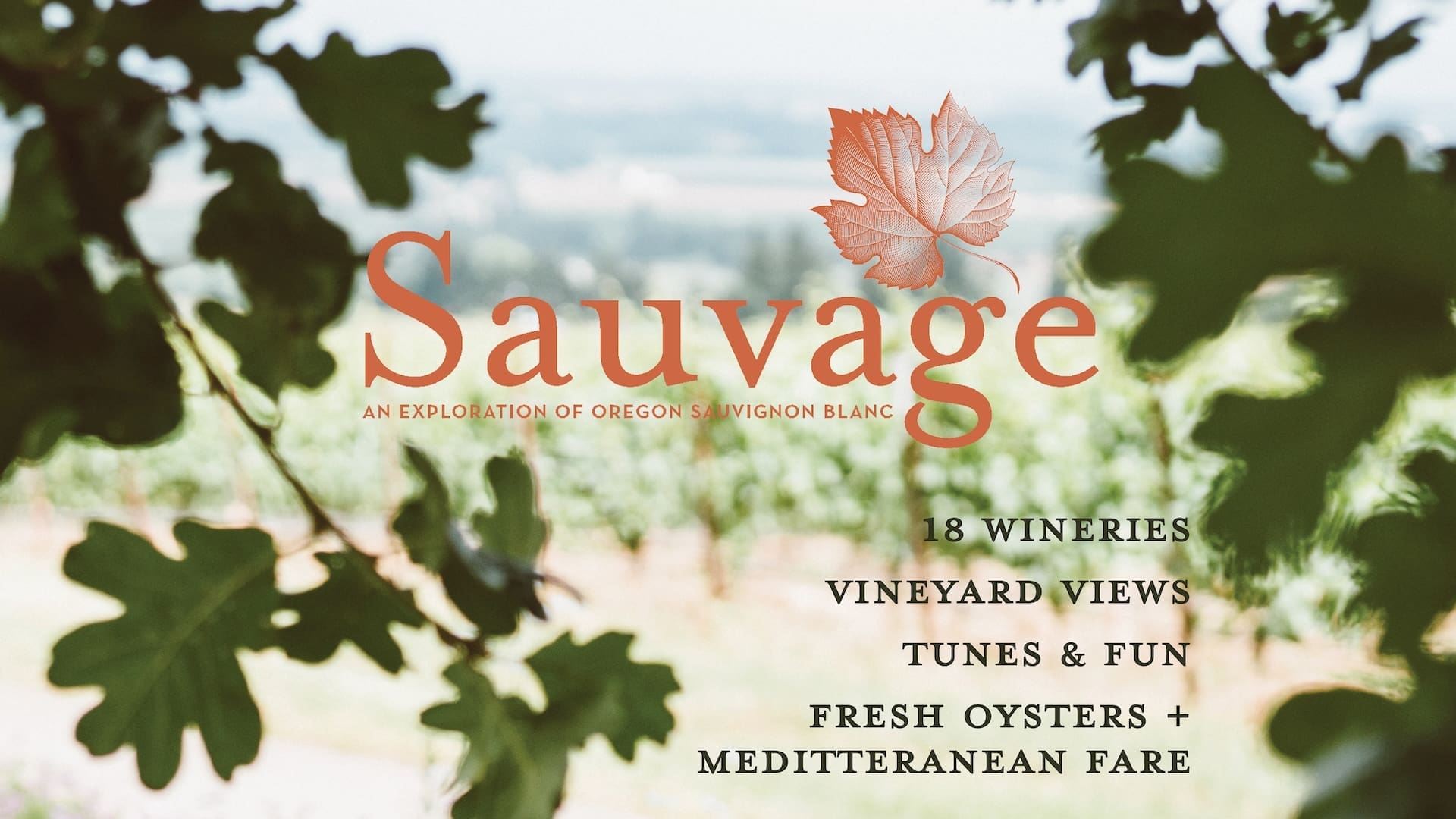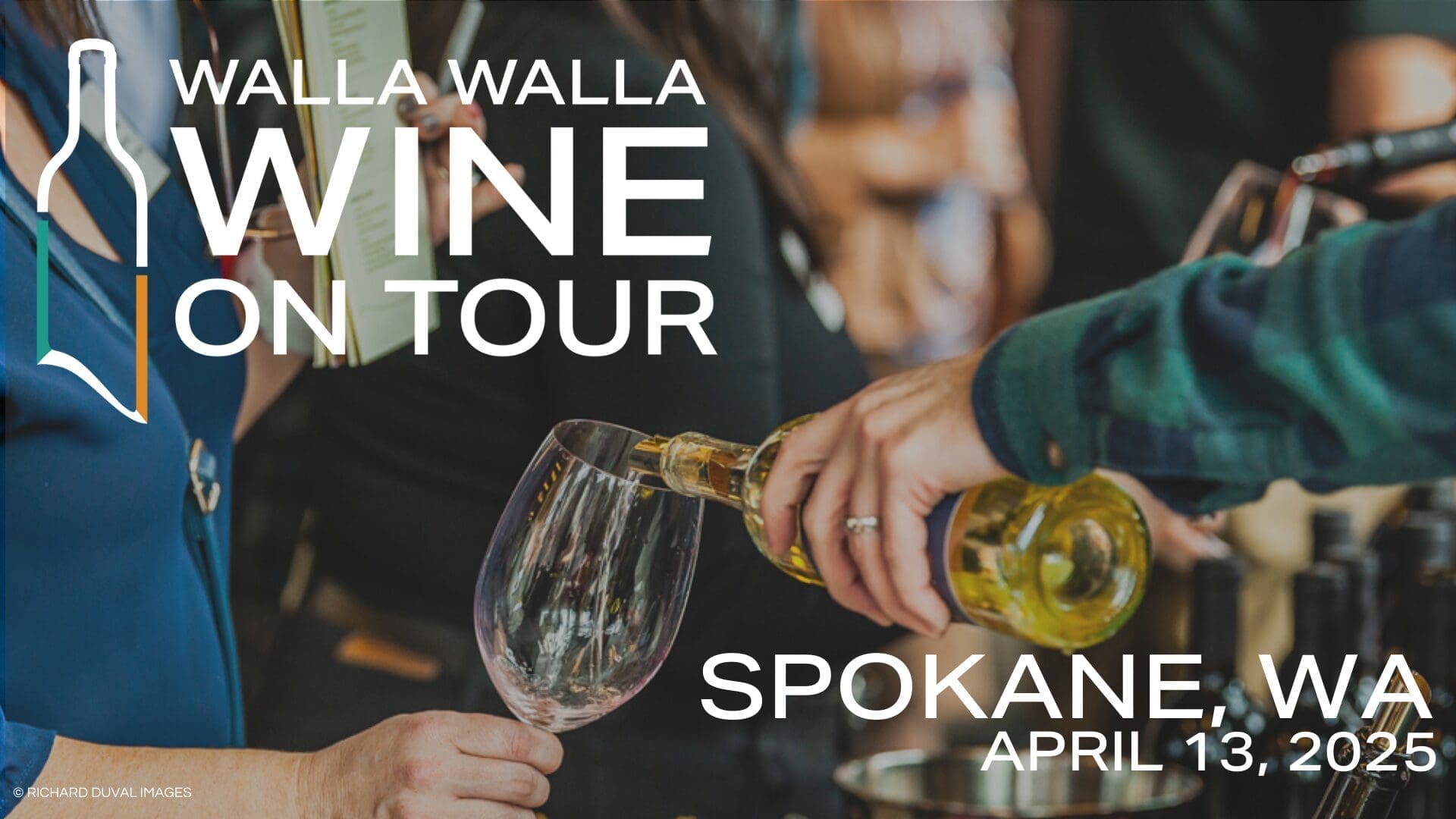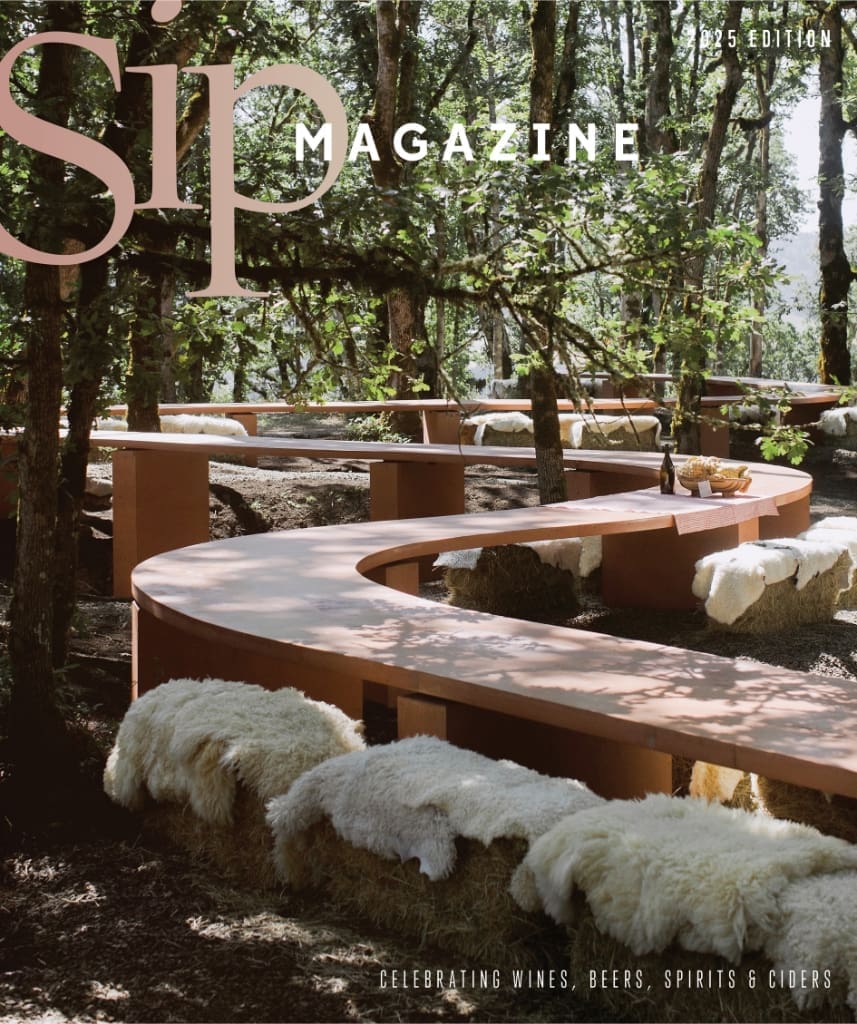No one has much sympathy when I tell them that my job can be hard. “Oh, poor guy, having to drink wine for a living,” they might exclaim. By and large, they’re right: I’m pretty happy with it all. That said, the two days of the year I spend as a judge for the Sip Northwest Best of the Northwest Wine awards can be quite challenging. Before you roll your eyes, allow me to explain.
First of all, it’s a lot of wine. Flight after flight, each with upwards of a dozen wines in them. Some are good, many are ok and a few make me wonder what in the hell the winemaker was thinking. While the overall quality of Northwest wine continues to improve, no part of the world makes only good wine, and when you come across one of the duds, it can be a real challenge to pick up that next glass.
Beyond that, judging itself is surprisingly tricky. For one thing, trying to parse out subtle differences in very similar wines is a bit like those puzzles you do as a kid: the ones where there are two very similar pictures and you have to pick out the few minor changes. Except you’re doing it with your sense of smell and taste, not sight.
Most of all though, it highlights a conflict that often simmers under the surface of the local wine industry: Should those wines adhere to practices and conventions established centuries ago on an entirely different continent, or should they forge their own identities? When a winemaker calls their wine a “Bordeaux blend,” are they using that terminology to compare their wine directly to Bordeaux (which can mean a lot of different things already), or are they simply using that phrase as a shorthand to loosely describe the varietals contained within?
Since judges can’t know what the wines are, and what the intent of the winemaker was when they made it, we have to ask a very basic question: Is this wine good, and if so, just how good? That question can be somewhat difficult to answer even when you know what the wine is and exactly what was intended with it, so when applied to tasting wine blind, it gets even harder. Yet I believe that there are some common factors that all good wines have: balance, complexity and clarity.
Balance means that beyond a few specific exceptions, the various components of the wine (like the fruit character, the acidity, the alcohol and the tannins, if applicable) are at least somewhat in harmony, that no one element of the wine totally dominates the taste. Complexity is harder to describe, but it implies that there are several different flavors and aromas that can be detected and that the wine takes at least a few sips to fully unpack. Clarity in wine doesn’t have to do with how the wine looks, but whether or not you can in fact pick out a few specific tastes: if the wine just generally tastes like citrus, I’m not as intrigued.
So with those three concepts as my guidelines, I sit down to each mystery glass and give it a go. There are mistakes and heartache — and probably a few spills ahead of all of us — but we endure, to try to bring you the best and fairest results we can for the Best of the Northwest wine.



